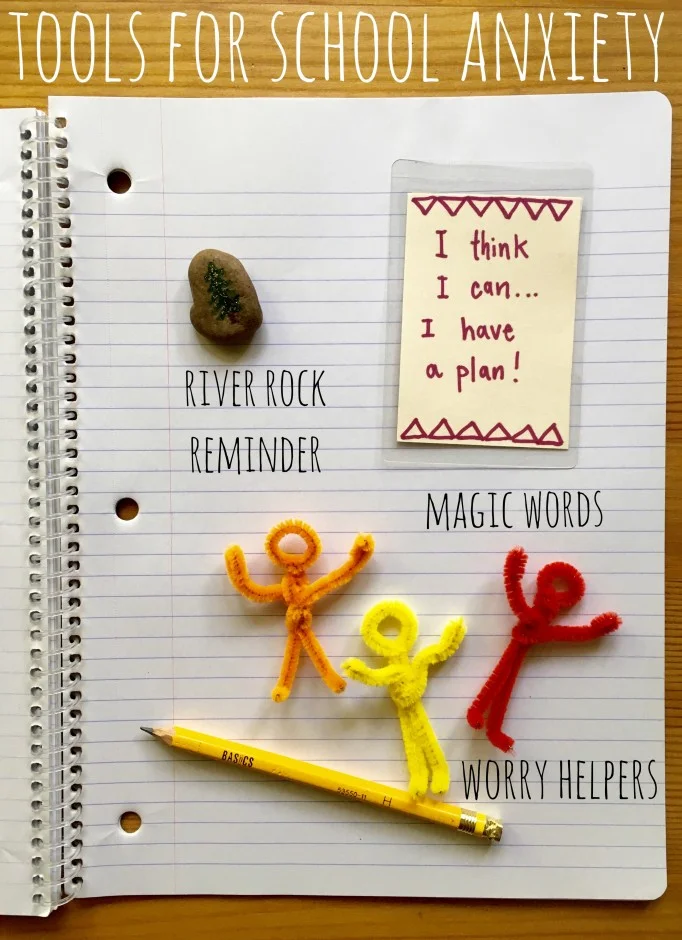Image created by Sally Chung from the Art as Therapy team
Parenting is hard. Parenting a child with ASD is even harder. Understanding your child, understanding the disorder and understanding how the disorder affects your child will make it easier. In case you need to know where to start, here is a list of the top 5 things parents of kids with ASD should know:
1. They have lagging skills.If you’ve never heard of Ross Greene, you should probably look him up. Dr. Greene has written several books on how to deal with consistently defiant, frustrated, and overwhelmed kids. Otherwise known as “challenging kids”. One of his key points is that “kids do well if they can”. If your child isn’t doing well somewhere it’s because they are lacking the skills to do so – not the motivation. Find out the skills your kid needs to learn (things like, “how to manage frustration” or “how to appropriately go from something fun to something not-so-fun”) and teach them how to do it.
2. Understand their sensory needs.Most kids with ASD struggle with sensory processing and fall somewhere between things being “too much” or “not enough”. Some kids can even be oversensitive and under sensitive simultaneously. What this looks like is a kid who can barely stand to have his hair cut, but doesn’t seem to notice a large cut on his leg. They can experience sensory overload which can lead to challenging behaviour. When you know what bugs them, you’ll be able to anticipate difficult, meltdown-inducing situations.
3. They are often concrete and black and white thinkers.I’m sure you’ve noticed that if you say “we’ll go in one minute”, your child will be watching the clock for the next 60 seconds. It is very hard to manage yourself in a world full of grey areas when you’re black and white. Throw in some rigid thinking and you can see how they often get stuck on seemingly “unimportant” details. Keep in mind these details are VERY important to them and, in fact, these details help them create order in a very disorganized world. Be as specific as you can. Don’t use “in a minute” as a blanket statement for “soon”. Give them an exact number whenever you can and stick to it.
4. You may see Jekyll and Hyde.The school says “we don’t see that behaviour here” but you can’t understand how that’s possible. Your child can be two different people depending on the environment. It often takes a lot of emotional control and energy to “keep it together” at school. Once they get home, all bets are off and the built-up pressure from the day needs to be released. This release will likely come right after you’ve asked her to do a seemingly simple chore like empty her backpack or feed the dog. The time directly after school should be a “no expectation zone”. She needs time to decompress and fully relax. This calming time is a necessary part of her day and will allow for the evening to be more pleasant.
5. Acceptance is the key to success.Your child with ASD has a brain that is wired differently from yours, from their peers, and from their siblings. You can’t expect them to behave, think, and understand things in the same way. You may expect your neurotypical child to sit at the dinner table with Aunt Mildred but your kid with ASD may not be able to do it. Social and sensory challenges get in the way of this. Expecting them to sit there for 5 minutes may be all that you get. This is okay! Accept them for who they are and what they are capable of. Make accommodations and be flexible.
There is one last thing that I wanted to add to this list but “the top 6 things” doesn’t have the same ring to it. However, this may be the most important point, so it’s probably a good thing it has its own paragraph. Spend quality time together and build rapport. This is possibly the single most important thing you can do to make your lives easier. When you share a genuine love, respect, and understanding with your kid, they’ll simply be better behaved. When they feel connected and valued they act in ways that show it. Simultaneously, when they feel isolated and unimportant, they’ll act in ways that show it. Hug them, smile, set aside time to play together, and reinforce their importance and worth over and over again. As a human, when you feel better, you do better. Find some time every day to show your kid how important they are. There is nothing more important than that and there is nothing more important than them.
Guest blog writer Carley Johnson from Kerry's Place Orangeville ON
References
Attwood, Tony. Asperger’s Syndrome: A Guide for Parents and Professionals
Greene, Ross. W. The Explosive Child






